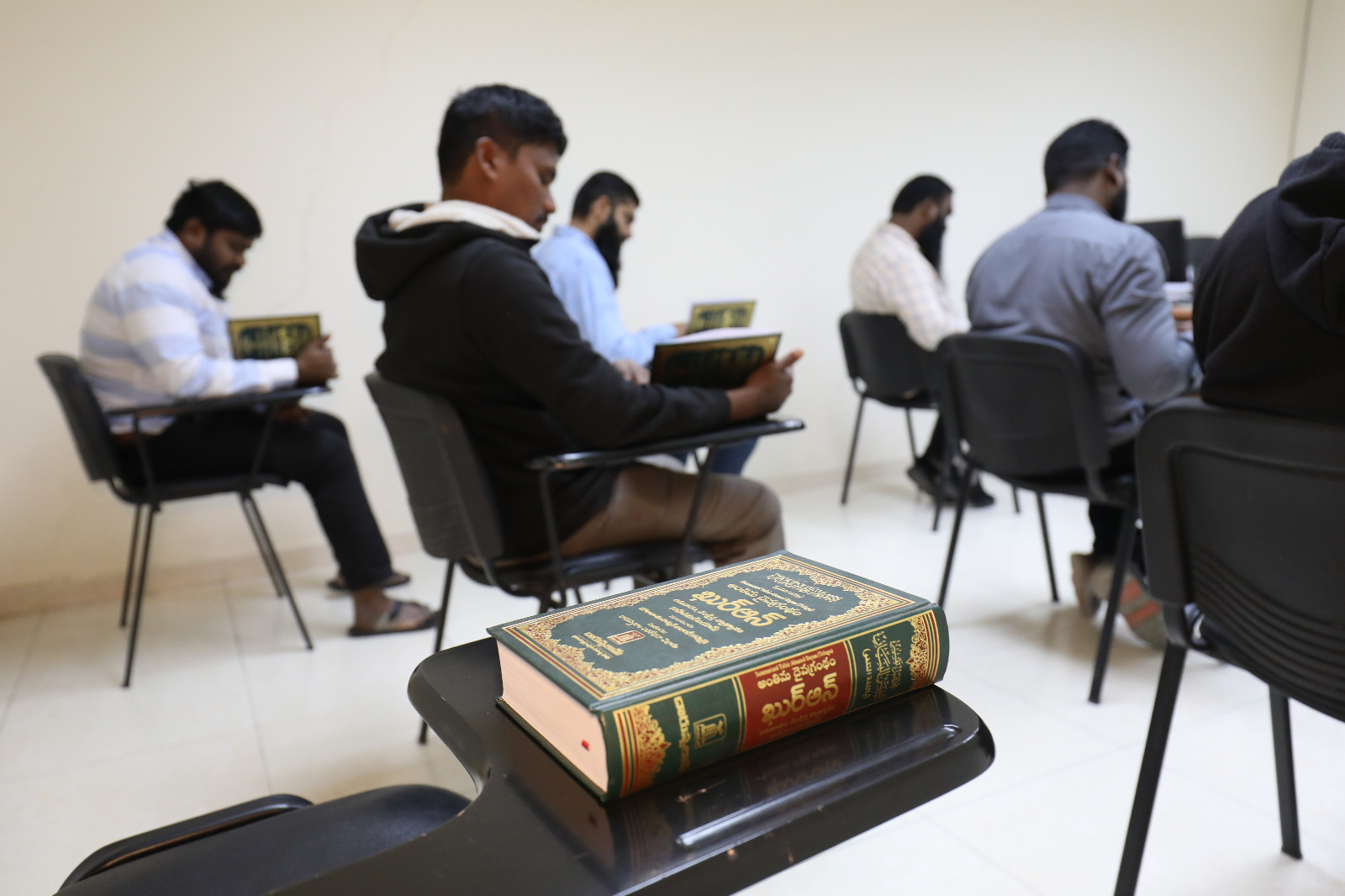The Islamic presentation was Committee highlighted the importance of teaching the Arabic language to non-native communities, aiming to help them communicate and understand daily life and interactions, as well as acquaint themselves with Kuwaiti culture.
On the occasion of World Arabic Language Day, Muhammad Al-Kandari, Director of Public Relations, Media, and Resources at the committee, noted that the initiative has attracted learners from 39 different nationalities, including both Muslims and non-Muslims who are not native Arabic speakers.
Al-Kandari added that the committee has graduated thousands of students from various nationalities through the “Teach Me Arabic” project since its inception. The classes are conducted across its branches, catering to both men and women.
Latifa Al-Saeed, Head of the Women’s Branch Classrooms, emphasized that the Arabic curricula have been carefully designed to help non-native speakers acquire a vocabulary rich in commonly used words and phrases, focusing on practical language rather than diving into literary Arabic.
She explained that the committee provides various resources to train learners in speaking, listening, and writing skills. The curricula also include Islamic concepts, serving as a means to introduce non-Muslim learners to Islam through the language of the Quran.
Al-Saeed reiterated the importance of supporting the Arabic language program to teach new converts the language of their faith after being blessed with Islam and to introduce non-Muslims to the language of the Quran, potentially opening a window for them to learn about Islam.

